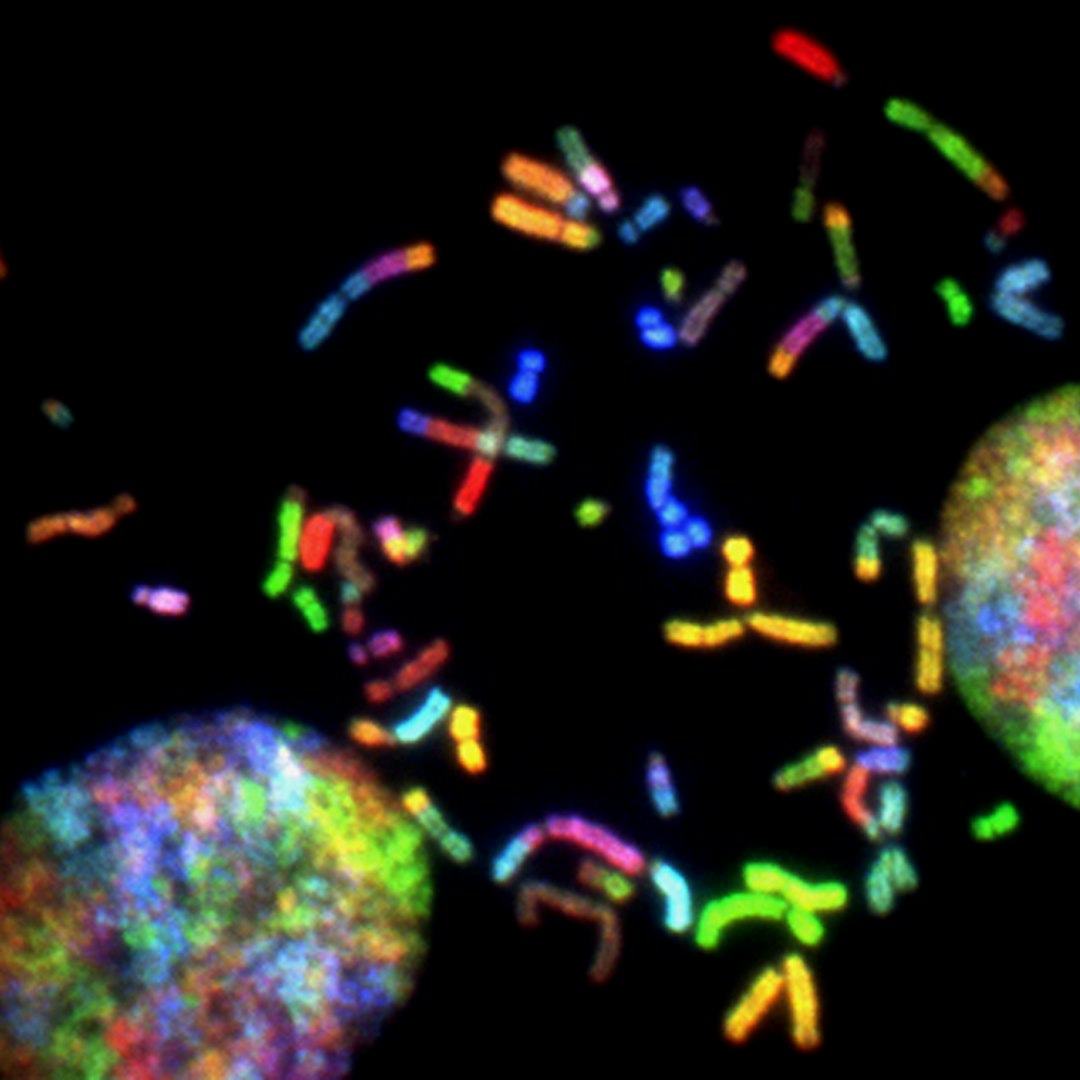Friday Q&A: Galleri cancer testing; Ozempic; lipoprotein(a) & heart disease; depression vs. seasonal blues
A grab bag of subscriber questions!💥
ICYMI 👉
I’m Giving Up Alcohol For the Month of November: Who’s With Me?
Six Tips for Getting the Most Out of Your Doctor Appointments
Question #1 (about the Galleri cancer test) is free for everyone. Questions #2-4 (on Ozempic; lipoprotein (a); & depression vs. seasonal blues) are for paid subscribers only.
Click here to submit your questions (about anything) for future Q&A posts!
Disclaimer: The views expressed here are entirely my own. They do not reflect those of my employer, nor are they a substitute for advice from your personal physician.
QUESTION #1: GALLERI CANCER TEST
I have a lot of cancer in my family. What do you think about the Galleri panel of tests that people are talking about - to detect cancer early? - AQ
Dear AQ,
I hope that someday we have the technology to reliably detect the presence of various cancers in people before they develop symptoms, but, at this moment, tests like Galleri can only offer imperfect and incomplete reassurance to people who can afford it.
The Galleri test is a non-FDA-approved blood test that claims to detect more than 50 kinds of cancer in people who do not have symptoms. While this sounds terrific in theory, the sensitivity and specificity of the test are low. In other words, there are too many false negatives and false positives to consider it a useful screening test—and for me to recommend this test to my patients.
Is it possible that a hidden cancer could be detected by the Galleri test? Sure! It’s also possible to scare the pants off people—or, perhaps worse, to send them for unnecessary testing and procedures after a false alarm.
The better way to screen for cancer? To follow evidence-based recommendations such as screening mammography for breast cancer, colonoscopy for colon cancer, thin-slice chest CT scanning in active and former smokers for lung cancer, Pap testing for cervical cancer, and specific genetic testing for people are particularly high risk for certain cancers (e.g. BRCA testing for Ashkenazi Jewish women with a family history of breast or ovarian cancer).
In addition to keeping up with your cancer screening tests, my best advice for anyone worried about cancer is to work on the things we already know reduce cancer risk, for example limiting your intake of alcohol and processed foods, quitting tobacco products and cigarette smoking, eating a high-fiber diet, and getting routine exercise.
It’s natural to worry about your risk of cancer. Who doesn’t? But cancer is not a black box. It’s also not one disease. It’s important to recognize how much we do know about cancer prevention and screening. So, I suggest talking with your doctor about what tests you need based on your age, family history, lifestyle and medical history. Cancer screening isn’t a “one-size-fits-all” prescription, and it definitely doesn’t come in a single blood test! (At least not yet.)

If you like what you are reading, hit the ❤️ button on this post so more people can discover my writing on Substack! 🙏
QUESTION #2: OZEMPIC FOREVER?
If you start Ozempic, do you have to be on it forever? I’m interested- but don’t like the idea of being dependent on any medicine- I hardly take an aspirin if I’m sick. - AK
Dear AK,
Keep reading with a 7-day free trial
Subscribe to Are You Okay? to keep reading this post and get 7 days of free access to the full post archives.



